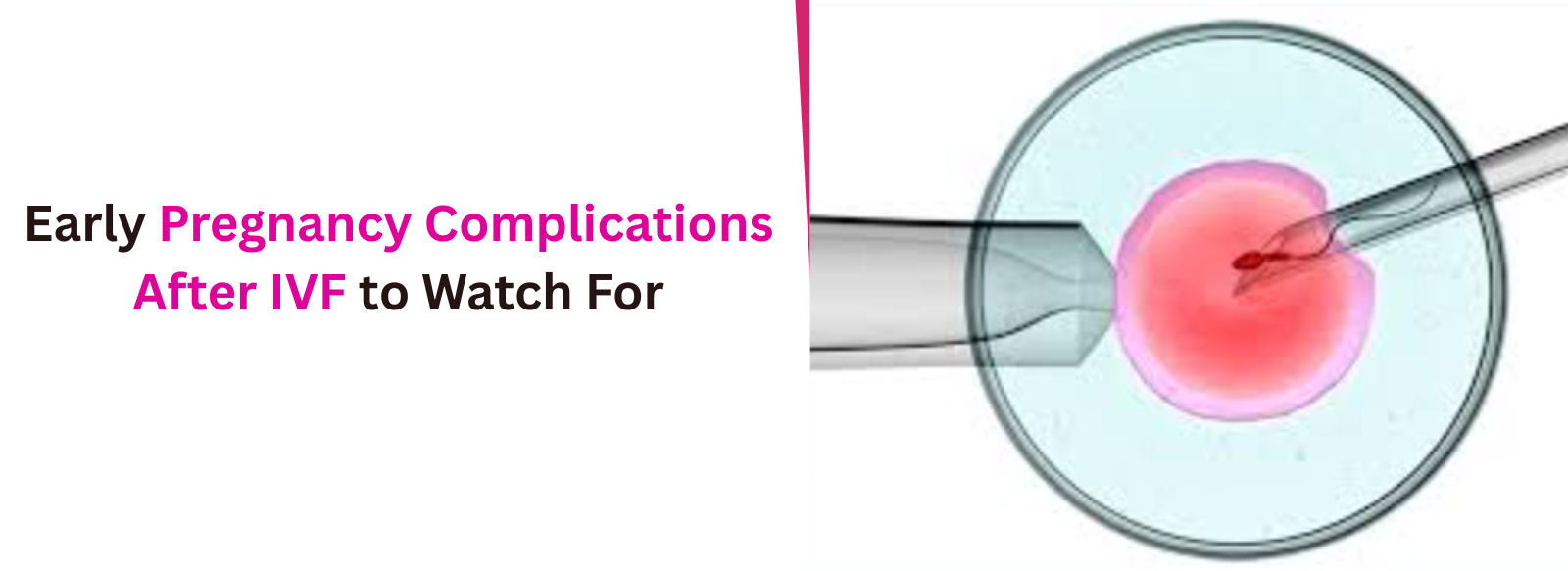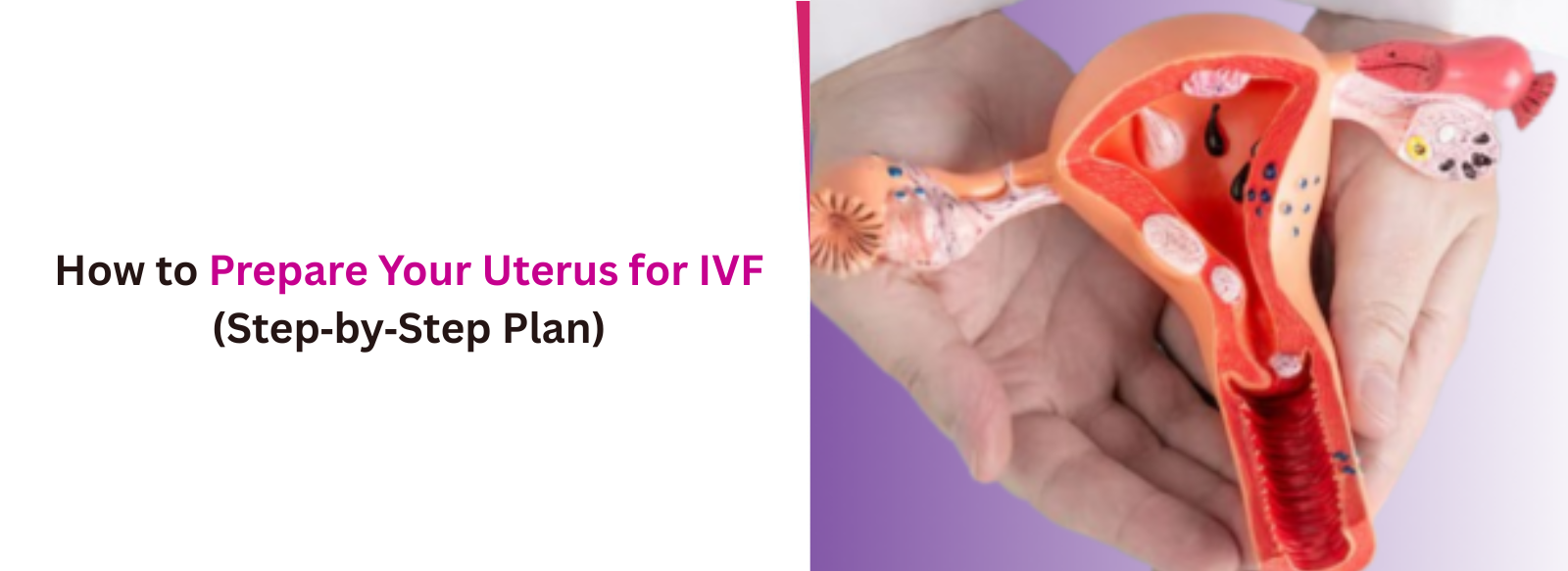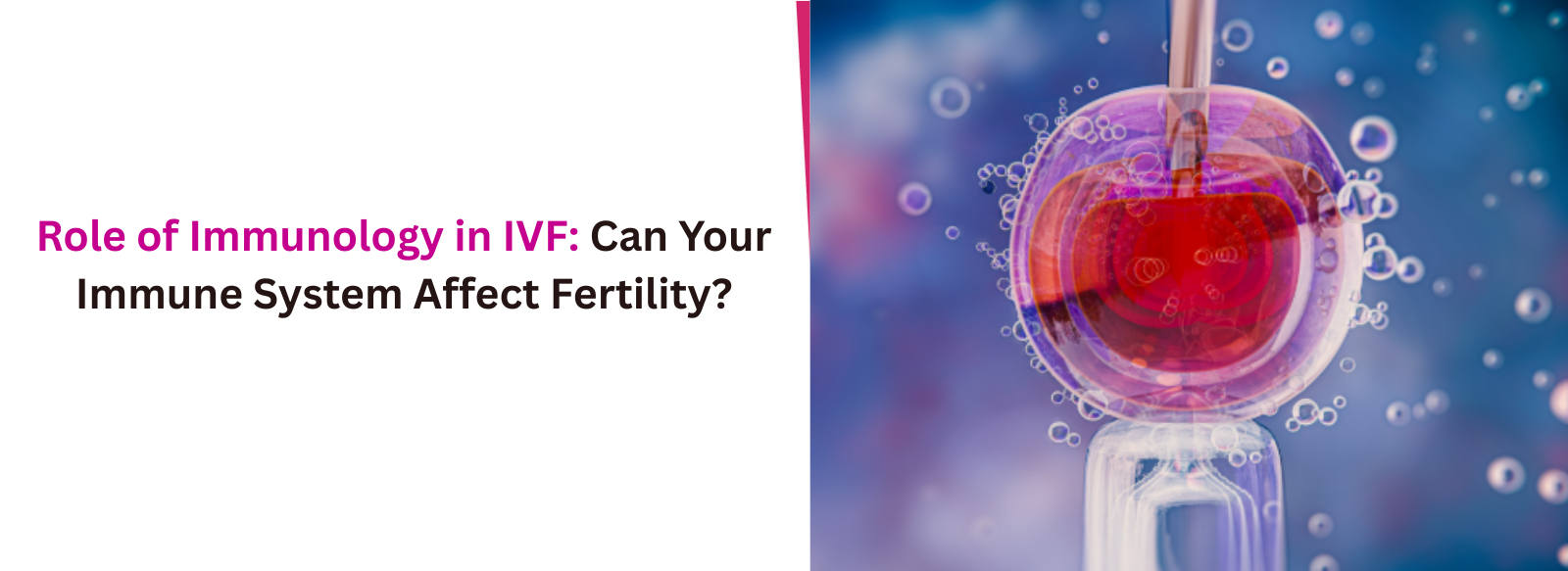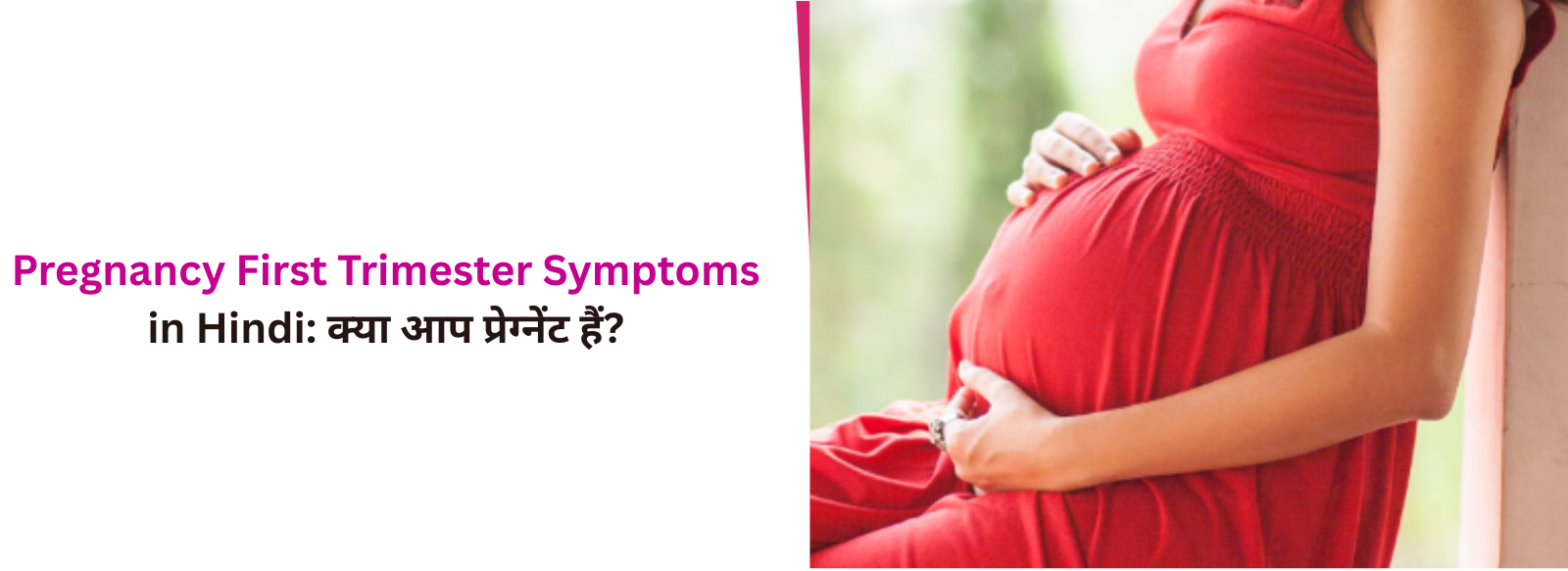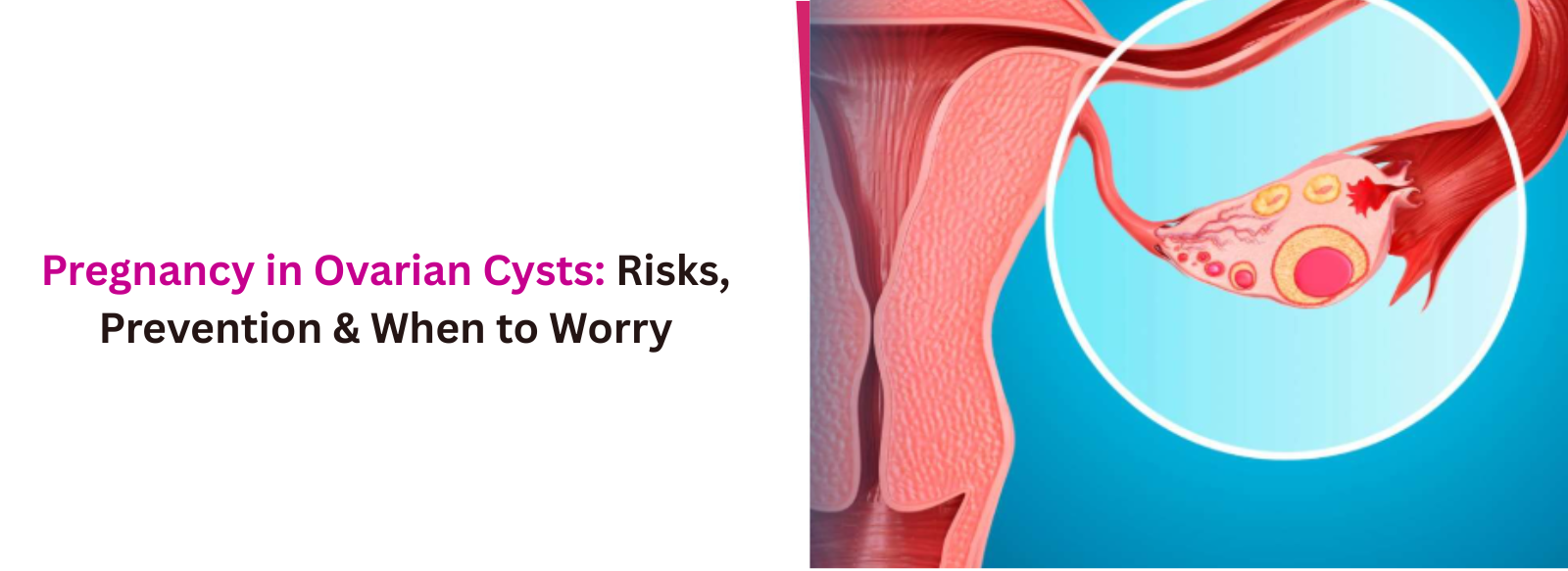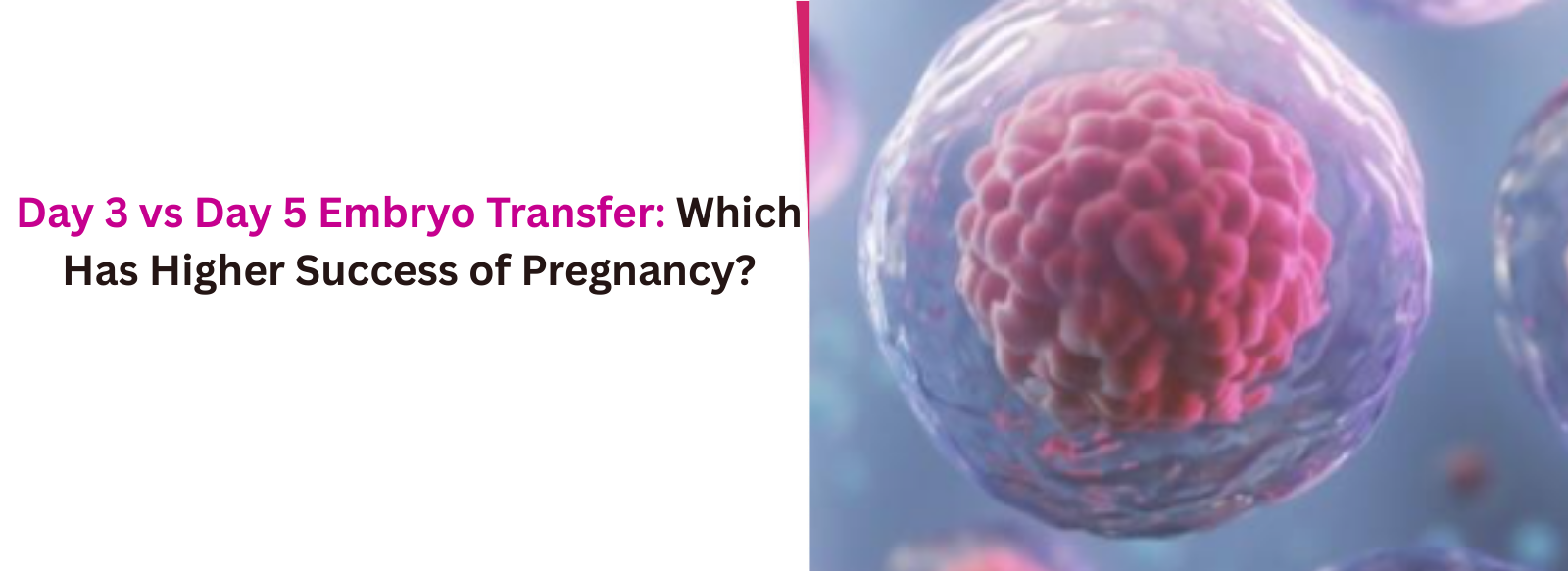Pregnancy achieved through IVF treatment is a moment of immense joy but also one that requires careful monitoring, especially in the early weeks. Medical studies show that pregnancies following in vitro fertilization (IVF) are considered high-risk, as most patients are older and may have underlying fertility or hormonal conditions.
Compared to naturally conceived pregnancies, early complications are more frequent after frozen-thawed embryo transfer (FET). Recognizing and addressing these complications in time can protect both mother and baby and ensure a smooth continuation of pregnancy.
FET Cycle Types and Their Impact
Not all IVF pregnancies are the same. The treatment path used, particularly the type of FET (Frozen-Thawed Embryo Transfer) cycle, greatly influences early outcomes. There are three main FET approaches:
Natural Cycle (NC-FET): Uses the woman’s natural hormones to prepare the uterus.
Stimulated Cycle (SC-FET): Involves mild hormonal stimulation.
Hormone Replacement Cycle (HRC-FET): Uses synthetic hormones to prepare the endometrium while suppressing the corpus luteum.
A large study of 7,342 FET pregnancies (Swiss IVF Registry, 2014–2019) revealed striking contrasts:
First-trimester bleeding: 3.5% in NC-FET, 4.3% in SC-FET, and 8.4% in HRC-FET.
Early miscarriage (<12 weeks): 19.0% in NC-FET, 19.7% in SC-FET, and 29.1% in HRC-FET.
Statistical analysis showed that HRC-FET nearly doubled the risk of both bleeding and early miscarriage compared to other cycle types. This suggests that maintaining natural hormonal support, particularly from the corpus luteum, improves early pregnancy stability.
Common Early Pregnancy Complications After IVF
a. First Trimester Bleeding
Bleeding during early pregnancy is among the most reported complications, especially in HRC-FET cycles. It affects up to 8% of pregnancies in hormone-replacement transfers, almost twice that of natural cycles. Hormonal fluctuations, altered endometrial receptivity, and the absence of corpus luteum-derived hormones are likely contributors.
b. Early Miscarriage (<12 Weeks)
Early miscarriage occurs in 19–29% of IVF pregnancies, with the highest frequency seen in hormone-replacement cycles. Research attributes this to supraphysiological hormone levels in early pregnancy, which can interfere with healthy placental formation and embryo implantation.
c. Ectopic and Heterotopic Pregnancy
The risk of ectopic pregnancy after IVF is two times higher than in natural conception. It is believed to result from the migration of embryos or inadvertent transfer near the fallopian tubes. While heterotopic pregnancy (coexistence of intrauterine and ectopic pregnancy) is rare naturally, it is seen more frequently after IVF procedures.
d. Biochemical Pregnancy Loss
This refers to an early loss detected only by hormone levels, before ultrasound confirmation. After assisted reproduction, biochemical losses range between 11% and 35%, depending on cycle type and patient factors.
e. Missed and Late Abortions
A smaller proportion of patients experience missed abortions (4–5%) or late pregnancy loss (2–4%). While these are less frequent, the rates are still higher than in spontaneous pregnancies, highlighting the need for early detection and support.
Why Hormones Influence Early IVF Outcomes?
The hormonal environment in early pregnancy plays a crucial role in embryo survival and placental development.
In HRC-FET, the natural corpus luteum is suppressed, and exogenous hormones replace the body’s natural production. This artificial hormonal pattern can affect the vascular and immune support necessary for implantation.
Conversely, in natural or stimulated cycles, the corpus luteum continues to secrete essential vasoactive substances such as relaxin and vascular endothelial growth factor (VEGF), which improve uterine blood flow and reduce risks like hypertension later in pregnancy.
Moreover, excess estradiol levels, often seen in HRC-FET, can trigger cell death in placental tissue and disrupt normal trophoblast invasion. Such changes contribute to early miscarriage or abnormal placentation. Some studies also suggest that exogenous hormone therapy may increase the chance of thromboembolic events, which can hinder implantation.
Maternal Risk Factors and Comorbidities
Apart from treatment-related factors, several maternal conditions influence early IVF outcomes:
Advanced Maternal Age: The mean age in IVF pregnancies is often around 36 years. Older age is correlated with higher miscarriage and gestational hypertension rates.
Polycystic Ovary Syndrome (PCOS): Strongly linked with early loss, present in 17.6% of HRC-FET patients versus 5.7% in NC-FET.
Endometriosis and Adenomyosis: These uterine disorders interfere with embryo implantation and increase miscarriage risk.
Thyroid Disorders: Found in 6.2% of HRC-FET patients, these conditions can destabilize early pregnancy hormones.
Male Factor Infertility: Oligospermia and azoospermia may transmit genetic anomalies, such as Y-chromosome microdeletions, that affect embryo development.
Together, these factors make IVF pregnancies inherently delicate, underscoring the need for individualized care and early medical supervision.
Clinical Insights and Best Practices from Research
Clinical evidence indicates that HRC-FET cycles carry the highest risk of early bleeding and miscarriage, translating to lower live birth rates (LBR). In contrast, NC-FET and SC-FET cycles, which preserve natural hormonal physiology, show better early pregnancy outcomes.
Based on these findings, experts recommend avoiding hormone replacement cycles whenever possible and opting for more physiologically supportive methods. Personalized cycle selection, guided by patient health and hormonal profiles, can significantly enhance success rates.
IVF Pregnancies Are High-Risk, But Manageable
All pregnancies following IVF should be considered high-risk, even when only one embryo implants. Such pregnancies have higher chances of preeclampsia, prematurity, and low birth weight, primarily due to underlying infertility or treatment-related hormonal factors.
However, these risks are manageable. With consistent clinical follow-up, ultrasound monitoring, and hormone tracking, most patients can enjoy healthy pregnancies and positive birth outcomes.
Research Gaps and Future Directions
Despite advances in reproductive medicine, research still faces several limitations. The current registry data lacked documentation on vital factors such as BMI, vitamin D status, preeclampsia history, and specific hormone regimens.
Further multi-center randomized controlled trials (RCTs) are needed to identify the optimal endometrial preparation strategy and clarify how corpus luteum presence affects pregnancy outcomes.
Such research will help fertility specialists like those at Vardaan IVF Center design safer, evidence-based IVF protocols for future patients.
Patient Guidance: Monitoring Early Pregnancy
At Vardaan IVF Center, every patient receives personalized monitoring to minimize risk in the crucial first trimester. This includes:
Early beta-hCG and ultrasound scans to confirm healthy implantation.
Ongoing hormonal and thyroid evaluation to detect imbalances early.
Customized cycle selection (NC-FET or SC-FET where feasible).
Supportive management for PCOS, endometriosis, or thyroid disorders.
Such proactive care ensures early detection of complications and timely intervention to protect both mother and baby.
Conclusion
Early pregnancy complications after IVF are not uncommon, particularly in hormone replacement cycles, where corpus luteum suppression can disturb natural balance. However, by understanding risk factors, choosing the right FET protocol, and maintaining close medical follow-up, these challenges can be effectively managed.
At Vardaan IVF Center- IVF clinics in Jalandhar, expert fertility specialists provide continuous guidance, advanced monitoring, and personalized care, helping each couple navigate the early stages of pregnancy safely and confidently toward a successful birth.

